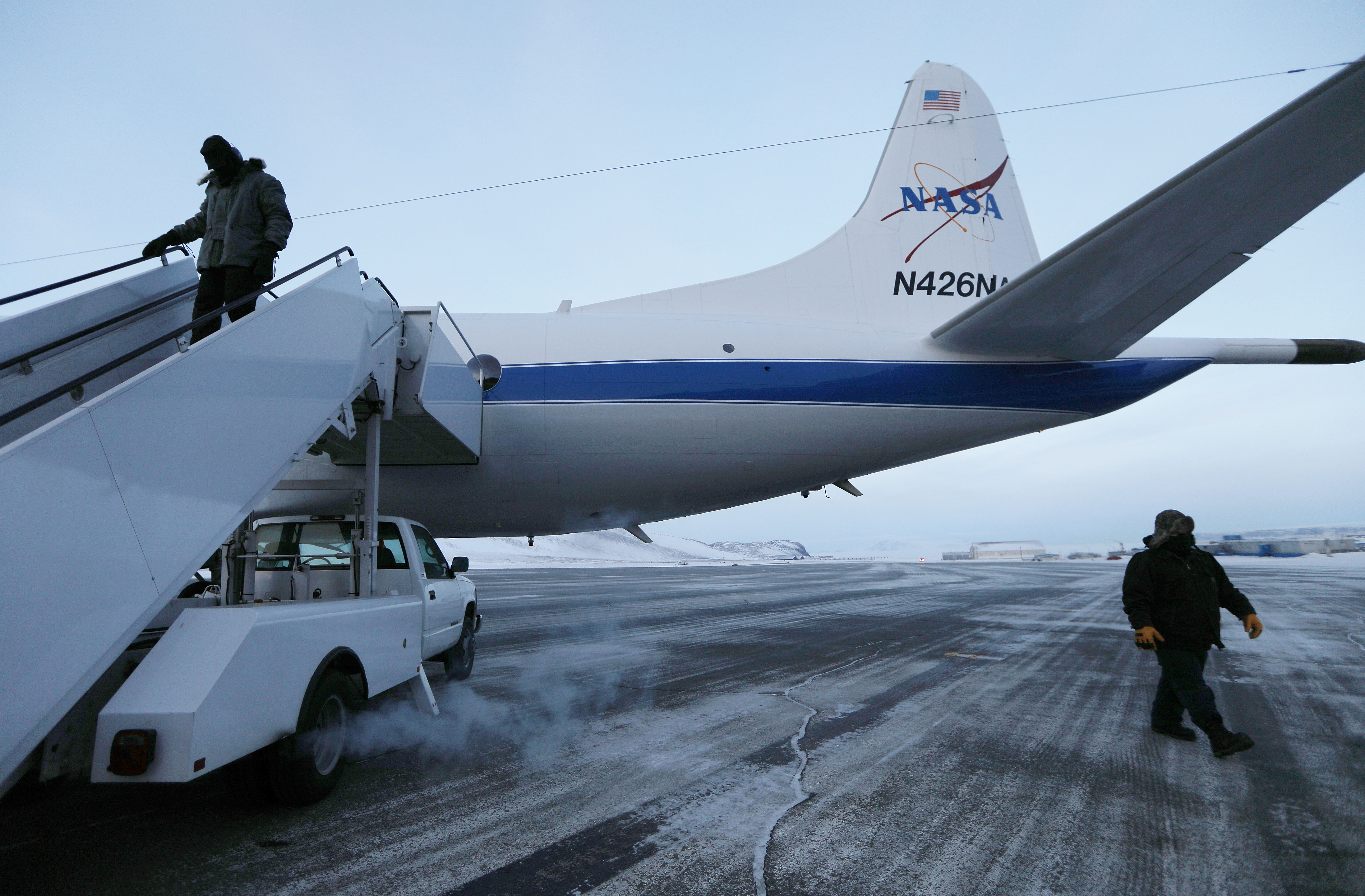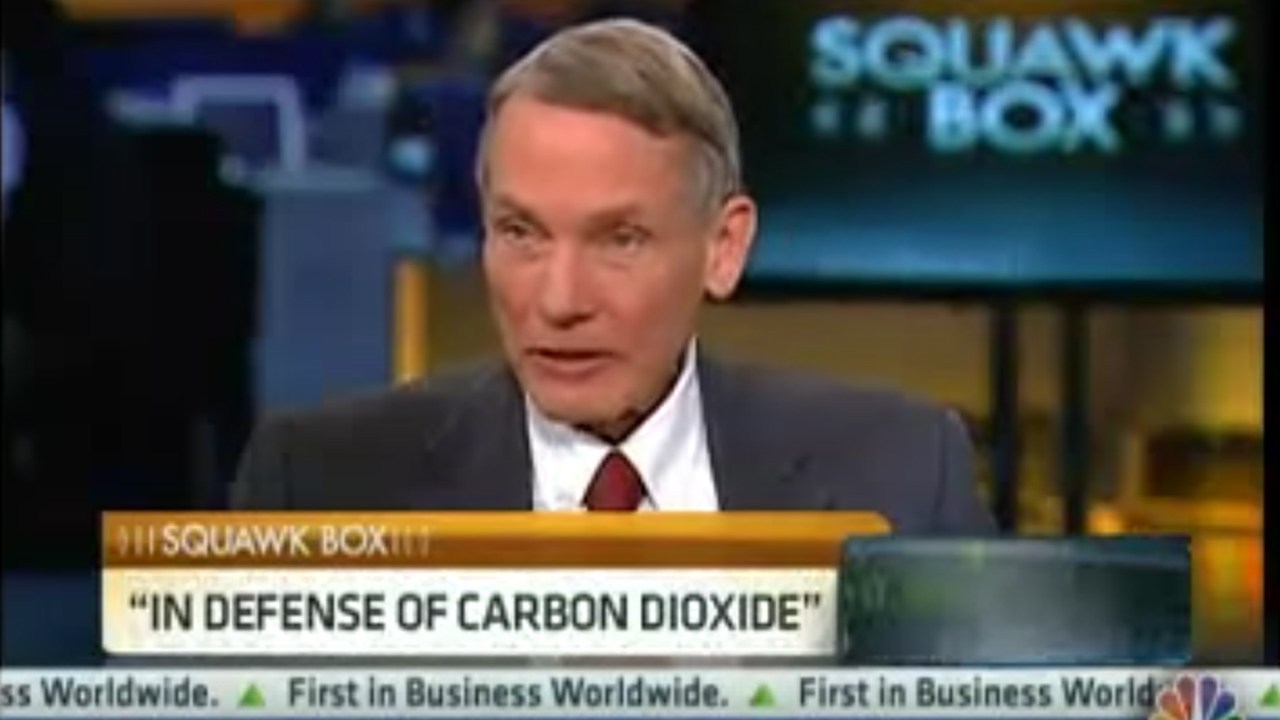Top government security experts on Wednesday warned lawmakers about the growing threat climate change poses for national security, elevating conversations about the link between global warming and worldwide instability that have already begun to play out among 2020 presidential contenders.
“If you integrate over time, 20, 30, 40 years, I’d be hard pressed to say that it’s not in the top two or three [global threats],” said Rod Schoonover, a State Department intelligence official, responding to a question about the threat level posed by climate change.
Schoonover was one of three intelligence experts testifying before the House Intelligence Committee as part of a dedicated hearing on the national security implications of climate change. He was joined by Peter Kiemel, a counselor for the National Intelligence Council (NIC), and Jeffrey Ringhausen, a senior analyst with the Office of Naval Intelligence, who also sounded the alarm on the risks global warming poses for international stability.
Climate change “affects us from a functional issue perspective,” explained Kiemel, who spoke of current issues — including drought and famine that have worsened tensions in the Middle East and Central America — along with future concerns, like water wars and the thawing of the Arctic.
“Scientists tell us that the Arctic is warming at rates more than twice as fast as the rest of the earth,” he said, noting that “these conditions would drastically shorten” maritime routes. “As a result,” Kiemel said, “the Arctic is emerging as a new domain of strategic competition.”
Some Republican lawmakers expressed skepticism. Ranking Member Devin Nunes (R-CA) yielded his time almost immediately to Rep. George Conaway (R-TX), who actively pushed back against the link between climate change and national security.
“Some of our colleagues would tell you this science is settled,” Conaway said, adding that he does not agree. This is despite an overwhelming consensus from scientists confirming that climate change and its impacts are real.
But the rest of the committee, including Democrats and some Republicans, largely expressed concern over the testimony given by the experts, who laid out the implications climate change has for national security.
Migration emerged as a major point during the hearing, with many populations likely to shift homes and countries as climate change makes life in some areas less sustainable. Conflicts over resources, such as water disputes that could lead to armed clashes between countries like India and Pakistan, were also raised as a source of concern.
Other security concerns also abound. The thawing Arctic is already seen as a boon for Russian intelligence ambitions, with ice posing less of a hurdle for equipment and technology. Meanwhile, as fish populations migrate, fishing operations will follow, and with that comes the potential for new territorial disputes between China and its neighbors. The experts on Wednesday said lawmakers should dedicate more resources to understanding and addressing these climate-related national security issues.
But it wasn’t all dire warnings. Kiemel also struck a more optimistic note, stating, “It’s not all about the potential threats to national security, it’s also about opportunities to find solutions to them as well.”
Climate change has long been seen as a national security threat for the United States. A Pentagon study released in February 2018 found that global warming is imperiling almost half of U.S. military sites around the world, ranging from outposts to large bases. Climate change was also a component of national defense strategy for several years, underscoring the risks — such as sea level rise, drought, and severe storms — that warming trends pose to intelligence and defense.
But the Trump administration has widely rejected those findings, removing climate change from the list of U.S. national security threats. One of President Donald Trump’s appointees to the National Security Council (NSC), William Happer, has even called climate science “a cult” and has sought to undermine any link between climate change and national security. Trump tapped Happer to lead a Presidential Committee on Climate Security, underscoring the White House’s approach to the issue.
Meanwhile, Secretary of State Mike Pompeo argued last month that melting ice in the Arctic presents “new opportunities for trade.” On behalf of the United States, Pompeo declined to sign on to an effort to reduce black carbon, which contributes to sea ice melt.
Democratic presidential contenders, however, have taken a decidedly different approach. Former Rep. Beto O’Rourke (D-TX) has cited climate change as a contributor to the influx of migrants at the U.S.-Mexico border, noting that drought and other conditions linked to global warming have worked with political and economic tensions to push people north. Gov. Jay Inslee (D-WA), who is running a campaign centered on the climate crisis, has moreover cited a 2016 NIC report that emphasized the security risks stemming from climate change.
And some candidates are approaching the role defense systems themselves play in global warming. Sen. Elizabeth Warren (D-MA) released a plan last month focused on decarbonizing U.S. non-combat bases and infrastructure by 2030, highlighting the U.S. military’s role as a top global polluter.
“Let’s save money by budgeting for climate change on the front end,” Warren wrote, “so that the Pentagon doesn’t have to ask for more only after a base is flooded or equipment damaged when natural disasters strike.”

